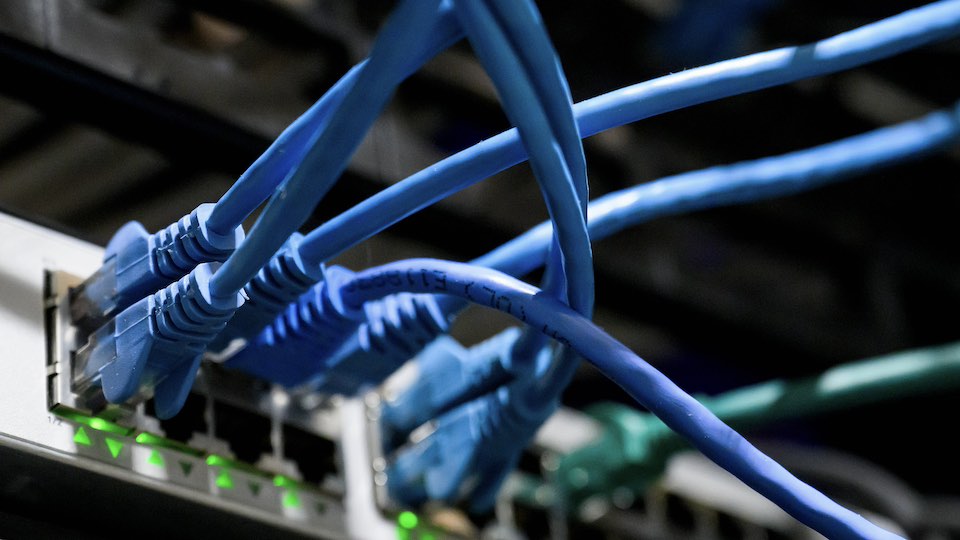Mauritius temporarily blocks access to social media

The government of the island nation of Mauritius ordered last week that access to social media sites be temporarily blocked. The restrictions were supposed to remain in place until the day after parliamentary elections on November 10 – but over the weekend the decision was reversed.
According to media reports, Mauritius’s Information and Technologies Authority instructed internet providers on the evening of October 31 to block access to social networks.
On Friday the organization NetBlocks confirmed that the blockade had been put in place: Facebook, X (formerly Twitter), TikTok, YouTube and LinkedIn were no longer accessible through various Mauritian internet providers.
The next day, however, on Saturday, the Mauritian authority announced that “after conducting a review of the situation” it had reached the decision to lift the directive. The internet provider Emtel announced on Monday that access to the platforms had been fully restored.
Felicia Anthonio of the NGO Access Now called the lifting of the ban a “win for human rights.”
The communications authority had initially announced that the suspension would be in effect until November 11. On November 10 the island nation with a population of 1.2 million will hold elections. The current prime minister Pravind Jugnauth is running for a second term. He has held office since 2017, having succeeded his father as prime minister.
Excerpts of conversations posted online
The communications authority justified its plan to suspend access to social media platforms as a response to “illegal postings that constitute a serious threat to national security and public safety.”
This was reportedly a reference to a wiretapping scandal that had broken in the lead up to elections. Last month, conversations involving politicians, businesspeople, and members of civil society were posted on social media.
According to Reporters without Borders (RSF), the leaked conversations included phone calls featuring five prominent Mauritian journalists. The prime minister and the police have claimed that the audio clips were manipulated using artificial intelligence, but after being contacted by RSF, the journalists confirmed the authenticity of the excerpts. “The authorities are hiding behind the artificial intelligence argument because they are embarrassed,” one of the journalists told RSF.
Condemnation of internet shutdowns
The political opposition reportedly criticized the social media ban, calling it a political maneuver by the ruling party aimed at preventing an electoral defeat.
The NGO Access Now also expressed criticism and was joined by other organizations in demanding an end to the shutdown.
Access Now has documented internet shutdowns throughout the world since 2016. In that time, Mauritius had never before blocked platforms or shut down the internet completely, according to Access Now’s record keeping. The country has in fact been “known for its strong record of upholding political and civil liberties.”
Access Now and its partners warn that shutting down social media platforms before elections carries “a risk of undermining the country’s human rights and democratic progress.” Shutdowns “prevent voters, journalists, opposition, and election observers from accessing or sharing essential information” and “empower incumbent regimes to control the narrative throughout the electoral period, undermining the electorate’s ability to make informed decisions.” This decreases the “fairness, credibility, and transparency of elections.”
The organizations remind the Mauritian government that the rights to freedom of expression and access to information are guaranteed in the country’s constitution.
Human rights experts at the United Nations have also drawn attention to the “dramatic real-life effects” of internet shutdowns. In a 2022 report, experts warned that internet shutdowns in the periods surrounding elections limited public discussion and made it more difficult to monitor the electoral process. Only “very rarely” would an internet shutdown “meet the fundamental requirements of necessity and proportionality.” (js)